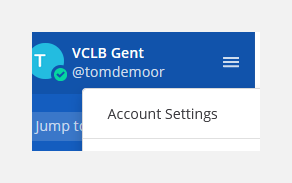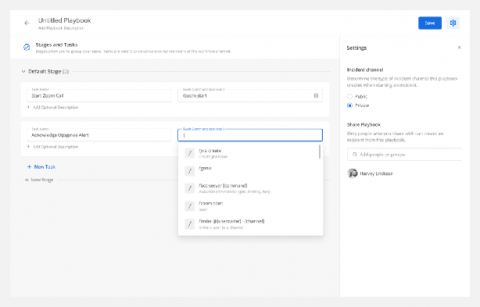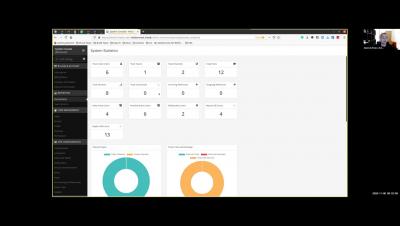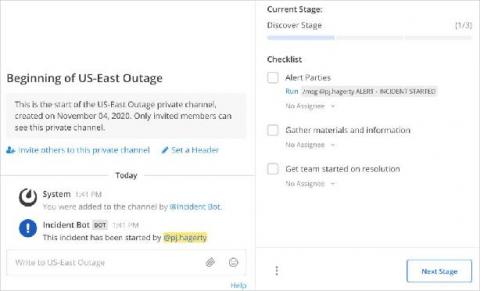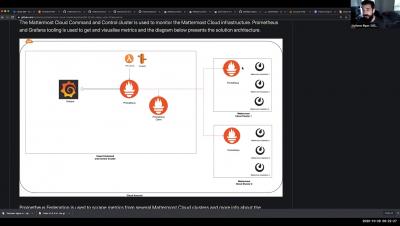Teams | Collaboration | Customer Service | Project Management
Mattermost
Mattermost integrations: Sending and receiving data with the Mattermost API
In the first three installments in this series, you learned how to send and request data with outgoing webhooks, incoming webhooks, and slash commands. In this article, you learn how to do this with the Mattermost API. Setting up webhooks or slash commands in Mattermost is very easy. Using the Mattermost API requires a few more steps. At the same time, the API is way more versatile and powerful than the other methods. Once you have made your first connection to the API, you will love it!
Why we built Mattermost Cloud
Mattermost Cloud offers our trusted Mattermost self-managed collaboration platform as a software-as-a-service and removes the burden of administration. Organizations are adopting cloud strategies and moving to cloud software. There are costs associated with hosting and securing software, especially in a highly available environment. Deploying and maintaining a self-hosted environment requires expertise and an upfront investment of infrastructure.
Mattermost release v5.29 is now available: Incident Management, Mattermost Cloud & more
Mattermost release v5.29 is generally available today. In addition to offering bug fixes for increased stability, the new quality release features the general availability of a pre-installed incident management application, channel moderation settings, and Mattermost Omnibus.
Dev Sneak Peek | Mattermost Cloud Subscription & Invoicing
Dev Sneak Peek: Custom categories, drag-and-drop, unread channel filtering & more
Dev Sneak Peek | React Native PasteInput
Dev Sneak Peek: Custom categories, drag-and-drop, unread channel filtering & more
Mattermost now gives users flexibility to organize channels and direct messages into custom, collapsible sidebar categories. Users gain full personalization of their sidebar to improve productivity, reduce clutter, and focus on what matters. Today, we’re excited to share a preview of some of the experimental sidebar features that the Mattermost team has been working on.
Incident Management in Mattermost: Creating an Incident Playbook
The idea behind Incident Management is to be ready. Not ready for anything, as that can be an unrealistic expectation, but ready to respond when the unexpected inevitably happens. DevOps teams often create incident playbooks in order to ensure they are as ready as possible to handle situations as they arise. Luckily, there is some amazing documentation on how to do just that from our friends at PagerDuty.



